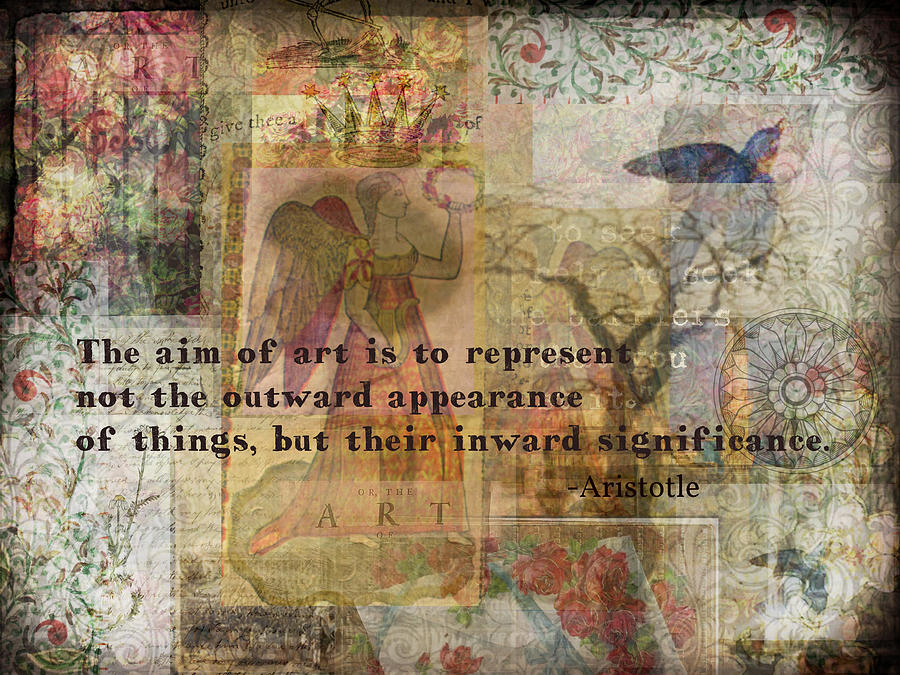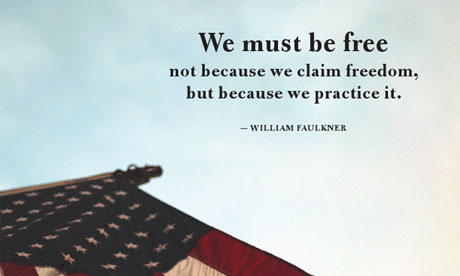Aristotle’s intellect and range of knowledge, although not
driven by religion, still begat the methodology of rational classification that
we still use to today. He put things in order: rhetoric, drama, poetry, ethics botany,
and a great deal of other things too. No one in the history of the world discovered
and named so many tributaries to the flow of systematic thought.
The last time I saw Jeff, he was reading Aristotle. No
surprise. Jeff is a polymath and eclectic in his reading. These very traits are
Aristotelian and yet the more you read his words the more you may learn know
that categorization, while useful, does not begin to describe the complexities
of the single person, play, or law. Jeff’s words in this first part of an
interview will, I think, convince you of his intellect, but they also will, perhaps,
surprise you.
*********************************************************************************
 |
| Jeff at Wailing Wall |
Can you give us a
little background on where and how you grew up? Given your schooling in
Charleston would you say you feel like a southerner?
I was born in a medium-size (by Chinese standards) town in
central China in 1990. My parents were physicians and during the early 1990s
they worked in Beijing, so I spent some time there as well. Before we
immigrated to the States they had spent two years doing postdoctoral research
at a university in Israel (the Weizmann Institute), and I actually lived there
during their second year there. This would have been 1995-96. It was a quite
exciting time, because there was relative peace after the Oslo Accords so I
remember traveling quite frequently, to Jerusalem and the Mediterranean and
once also to Egypt. It was a fun childhood; I feel so lucky that among my first
memories are experiences so vivid and varied. I think I've carried a deep
appreciation for history ever since, because the places we went to just dripped
with it.
 |
| Academic Magnet High School |
In 1996 we moved to Charleston, South Carolina, where they
worked at the medical university. I think my parents liked it because it's a
historic and charming town, but it was definitely a far cry from China or
Israel. The Charleston County School District gave me a superb education
(though from fifth to eighth grade I was at a private--or as they call it, an
independent--school, where I first fell in love with Greek myth and English
verse, thanks Dr. Maynard!), and I feel really privileged that I went to one of
the best public high schools in the nation--Academic Magnet High School. So
while I know the city of Charleston fairly well and spent over half my life so
far there (after which my family moved to Atlanta) and am now in
Charlottesville, I don't feel the slightest bit like a Southerner. I have some
good friends who are Southerners (one is currently the Vice Consul at the
United States General Consulate in Jerusalem; he's from Muscle Shoals, AL--yes,
the one referenced in 'Sweet Home Alabama'). I think there are three reasons
for this: one based on personal history, one on cultural taste, and one
political.
The first is simple: I spent the first six years of my life
outside the United States, so from the beginning I've had a rather
international outlook. Furthermore, the vast majority of my extended family lives
in China, where I visit every few years, and my parents are not Southern
either. This leads to the second reason: I feel I would relate more to the
immigrant or urban, northeastern American experience and culture more than the
Southern one. Lastly, I feel that the political culture in the South has never
been able to get over the aftermath of the Civil War.
Don't get me wrong, I don't want to stereotype all
Southerners as backward, close-minded racists, because the vast majority of the
Southerners I've personally met have been friendly, decent, hospitable people. It's
not really the people I'm thinking of, but the political atmosphere. I don't
understand why some insist on calling the Civil War the War of Northern
Aggression. Tariffs and states' rights were not the essential sources of
conflict of the Civil War but were only secondary to the South's "peculiar
institution" and used to justify it. Nullification and states' rights were
used throughout the civil rights era to try to prevent school integration. Why
whitewash history and try to pretend this nullification was about states'
rights mainly and not about the prevention of the passage of civil rights and
racial equality? Why sugarcoat this ignominious period of Southern history as
the Lost Cause of the Confederacy? One may think I'm reviving the ghosts of a
bygone era, but while the South (and United States as a whole) has greatly
progressed from the terrors of Jim Crow, there are still segregated
neighborhoods, wide income gaps, racially charged Tea Party populism and
"Southern strategies" during elections.
 |
| Stonewall Jackson |
I understand why General Sherman might strike a nerve in
Southern society, but how can it not have a pang of conscience at having
statues of Robert E. Lee or Stonewall Jackson everywhere? Near where my family
lives in suburban Atlanta is Stone Mountain. Why is there, in 2013, still a
giant bas-relief of Jefferson Davis? I'm not certain, since I haven't deeply
studied this issue, but I feel there's a certain insecurity about identity, as
if openly denouncing the Confederacy and its memorials would be a renunciation
of Southern culture.
But I think this is wrongheaded and perhaps dangerous
because I know Southerners have a long and proud cultural tradition that does
not originate from the Confederacy and can stand even taller without it.
Hospitality and cuisine are prized among white and black communities throughout
the South. Southern literature boasts among the greatest in the American
literary canon--Faulkner, Tennessee Williams, Truman Capote, Harper Lee, Eudora
Welty, and Flannery O'Connor. Charleston has the oldest museum in the United
States and one of American's first synagogues. 'Porgy and Bess' was set there,
and Menotti chose Charleston as Spoleto's partner for his Festival of the Two
Worlds. Charleston's Gullah culture and cuisine is a unique blend of West
African, West Caribbean, and American culture. Why not celebrate these things
more? It would do no dishonor to the South to have fewer statues of Stonewall
Jackson and more of William Faulkner. So that's why I think history still
haunts the South. It's like Faulkner said, the past isn't dead. It's not even
past.
What sorts of things
were you involved with in high school that added to the person you are today?
I loved talking about current events and was in the debate
club as well as the academic team. I think high school really developed my
bookish personality. I remember being assigned the 'Guns of August' the summer
before AP European History and being blown away by it (thanks Dr. Bures!). It
was just such an amazing read that I've been kind of absorbed by history since
then.
How important is your
family to you? How important is your Asian heritage. You have said that you
never encountered any form of racism toward you, yet many Asian students have.
Why do you think you did not encounter this? Are racial relations in your
town/school limited to more black/white issues?
My family is of paramount importance to me, but I don't
think I really even began to understand what familial love meant until I was on
my own. I went to school hundreds of miles away. I think the change was
moderated by the fact that I had traveled abroad alone before, but even in
these cases there were relatives in the places I went. But really when you're
on your own you have a sense of being liberated but also incredibly lost. I
don't think I went to bed at a regular hour more than 30 times during college.
So it takes time to know what you miss and what you've taken for granted to
understand the importance of family.
My parents love to impress on me my Chinese heritage. Their
attempts were, alas, often in vain. Not that I was ashamed of my heritage--I
simply found it boring. A lot of Chinese history and literature seemed
mystifying, and I couldn't really get into it. But over time you realize that
this is quite natural--it's not really expected for a native English speaker to
grasp Confucius as fast or as pleasurably as Shakespeare. Learning and
mastering the language really is the first step toward an intimate relationship
with culture.
I never encountered outright
racism, but stereotypes are unavoidable. I feel the main negative stereotype
for Asians is that we're not full Americans. In my case the blow is softened
because I actually am from China even if I was raised in the US, but Asian
Americans born in the US probably are puzzled if not offended when asked
"Where are you from?" as if the one asking were expecting a faraway
locale in a country far away rather than an address a few blocks away. But I
hung out with mostly immigrant kids in school, and if there were racial issues
at school we weren't really in the loop; however, our school was really quite a
gem; magnet schools draw top students and all of them are motivated, so there
is a certain homogeneity that transcends race: everyone got along rather well.
The social groups were more limited to nerd vs. jock.
Details upset the quiet science of abstraction. How so? Is
Jeff a typical southerner? A ‘true’
southerner? Proud of the South, but the South of those who have written its
epics in novels and operas.
Does Jeff’s heritage exclude him from the stamp of southern
authenticity? Does Jeff’s heritage permit him to understand some of the
subtleties of southern culture tat other southerners might not?
Is Jeff, given your experience, a typical Asian? Why or why
not? What is a typical Asian? Is there really such a thing? We certainly have
check boxes on applications and lots of data on Asians but are these categories
really all that useful? Just last week a report suggested that the use of
the category of Asian in the US hides a huge range of cultures and backgrounds
under a single racial category. Categories, from Aristotle on, have helped us
shape the infinite complexity of the world into groups. But groups are not
‘true’ they are pragmatic tools we use to help us; on the other hand, sometimes
we need to reach for new tools to help us understand things more precisely, or
in this case, more humanly.
Tomorrow, Jeff talks about his experience of heading north
to the University of Chicago. Once again, his responses don’t easily fit into
the categories of Asian or Southerner or math guy.





No comments:
Post a Comment